Here's how to pick the safest artificial sweetener based on science
Aspartame

Sucralose
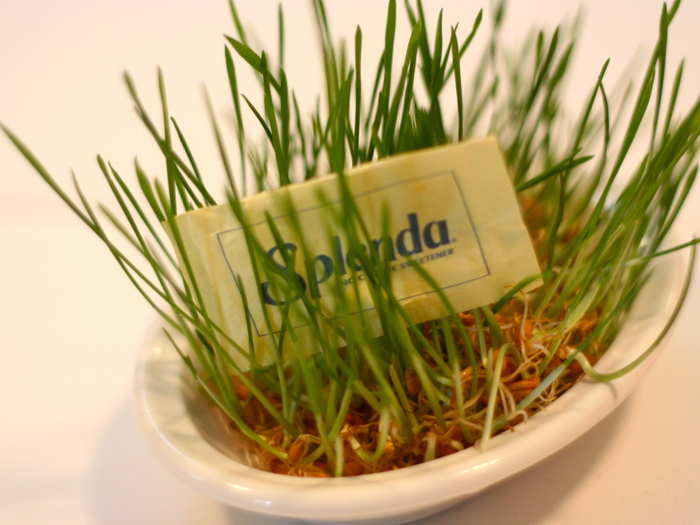
Common brand names: Splenda®
Often found in: Soft drinks, iced teas, sauces, syrups, chewing gum, power bars, protein powders, baked goods, ice creams, yogurts, microwaveable popcorn.
Fast facts: Sucralose is structurally very similar to sugar except for one slight modification, which allows it to pass through the body without getting broken down. It is 600 times sweeter than sugar and was approved as a general purpose sweetener by the FDA in 1999. It is stable under high heat, making it ideal for baking.
Safety profile: The FDA has evaluated more than 110 studies on sucralose and has deemed it safe. But while it's not likely to be toxic or cause cancer, there haven't been many studies scrutinizing how it affects your brain. Preliminary research suggests that sucralose may not satisfy your craving for sweets, and therefore may not be effective at curbing your overall sugar intake — but that may be true for other artificial sweeteners as well.
Acesulfame-K
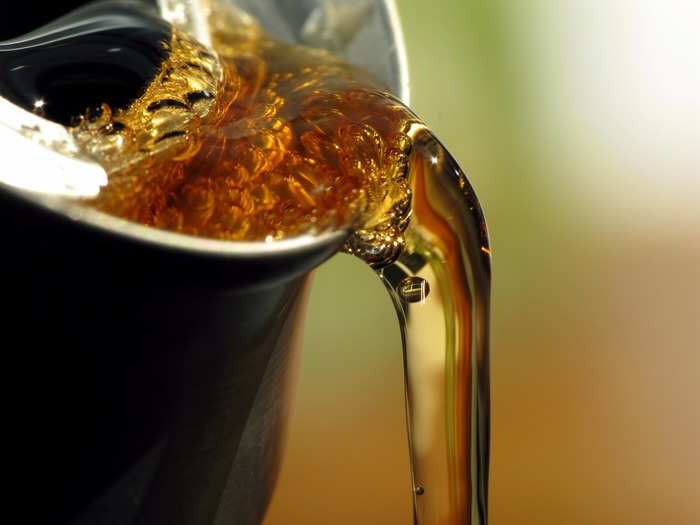
Common brand names: Sunett®, Sweet One®
Often found in: Soft drinks, fruit juices, alcoholic beverages, ice creams, jams and jellies, baked goods, frozen desserts, chewing gum, toothpaste, mouthwash, pharmaceuticals, yogurt, milk products, breakfast cereals, sauces, salad dressings, soups, vitamins, processed foods.
Fast facts: Although it is 200 times sweeter than sugar, Acesulfame-K — also called acesulfame potassium and ace-K — has a bitter taste and is often blended with other sweeteners, such as sucralose. It was initially FDA-approved for limited uses in 1988, and became generally approved in foods other than meat and poultry in in 2003. It is stable at high temperatures, making it suitable for baking.
Safety profile: According to the FDA, more than 90 studies suggest that Acesulfame-K is safe for general use. But according to US News and World Report, ace-K has not been as extensively studied as other artificial sweeteners. Scientists have suggested further studies on animals.
Saccharin
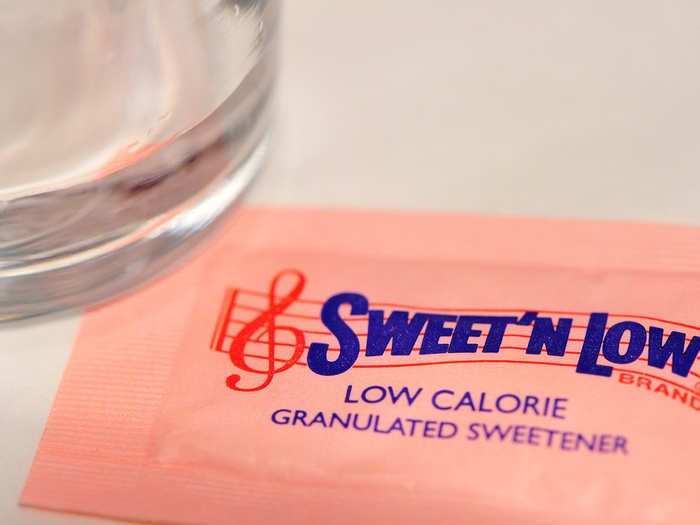
Common brand names: Sweet and Low®, Sweet Twin®, Sweet'N Low®, Necta Sweet®.
Often found in: Soft drinks, fruit juices, baking products, processed foods.
Fast facts: First discovered and used in 1879, saccharin is the earliest known artificial sweetener. It is 300 times sweeter than sugar and does not contain any calories.
Safety profile: Early saccharin products used to contain warning labels listing it as a potential carcinogen after studies in the early 1970s linked it to bladder cancer in rats. More than 30 follow-up studies, however, demonstrated that the results in rats were not applicable to humans. The FDA deemed it safe, and it was removed from the potential carcinogens list in 2000.
Neotame

Common brand names: Newtame®
Often found in: Soft drinks, fruit juices, baked goods, dairy products, lip glosses and balms.
Fast facts: You probably aren't as familiar with neotame as you are with other sweeteners because it's not widely used. It was FDA-approved as a general sweetener in foods other than poultry and meat in 2002 and is a chemical spin-off of aspartame. It is a whopping 7,000 to 13,000 times sweeter than sugar.
Safety profile: The FDA has reviewed more than 113 studies in humans and animals and has deemed it safe. In fact, according to US News and World Report, neotame has an even better safety profile than its cousin, aspartame.
Advantame
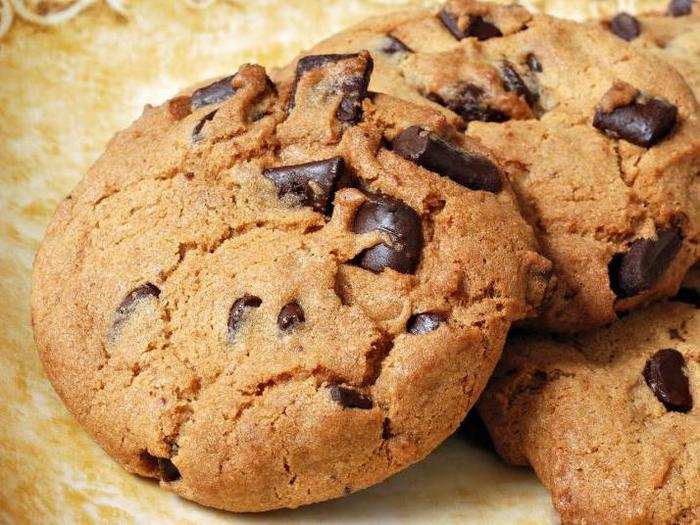
Common brand names: None yet
Often found in: Baked goods, soft drinks, fruit juices, chewing gum, frostings, frozen desserts, gelatins and puddings, jams and jellies, processed fruits, toppings, and syrups.
Fast facts: This is the newest artificial sweetener to hit the market. It became FDA-approved in 2014 and clocks in as the sweetest yet — it's 20,000 times sweeter than sugar. It is another derivative of aspartame and is chemically similar to neotame.
Safety profile: Human and animal studies have evaluated its possible toxic effects on the immune, reproductive, developmental, and nervous systems and have suggested that advantame is safe. As with aspartame, however, those with the rare PKU disorder should not eat it because it contains phenylalanine.
Sugar

Common brand names: C&H Sugar, Domino Sugar, Imperial Sugar, and many more.
Often found in: Baked goods, soft drinks, fruit juices, breakfast cereals, dairy products, processed foods, chewing gum, desserts, gelatins, puddings, jams and jellies, processed fruits, toppings, syrups, sauces, dressings, toothpaste, mouthwash, and many more.
Fast facts: Sugar comes in many forms, including brown sugar, honey, agave nectar, corn syrup, molasses, sucrose, evaporated cane juice, fructose, glucose, maltose — the list goes on. The FDA recently released new recommendations that Americans consume only 50 grams of sugar per day, but the average American consumes more than double that amount. The biggest offenders include breakfast cereals and soft drinks.
Safety profile: While we've been consuming sugar for millennia, our modern diet of processed foods has dramatically increased our intake of added sugars. This spike in consumption has majorly contributed to growing rates of obesity, diabetes, and heart disease.
Added sugars bring zero nutritional value to any meal, and are linked to a range of health issues including cavities, weight gain, liver failure, cancer, kidney disease, high blood pressure, and nutritional deficiencies, amongst others.
Natural sweeteners
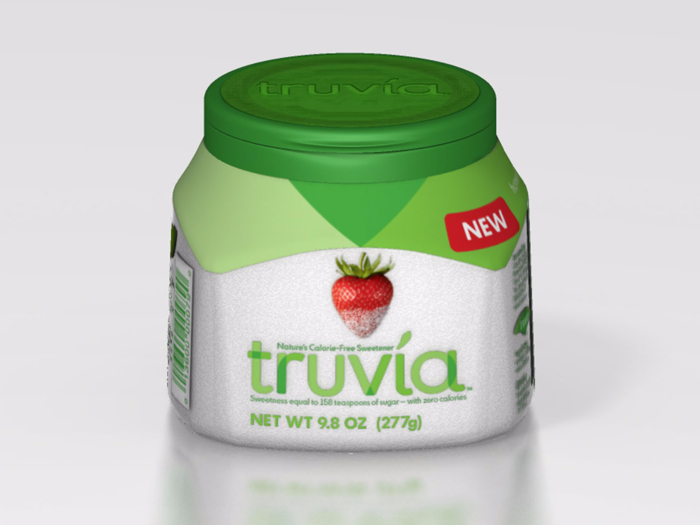
Steviol glycosides, also known as stevia and its brand-name derivatives such as Stevia Sweetleaf®, are natural low-calorie sweeteners that are 300 times sweeter than sugar. Though they have been growing in popularity recently, they have not yet been evaluated by the FDA and there are no long-term studies scrutinizing their effect on health. Their high-purity derivatives are currently sold under the GRAS (Generally Recognized As Safe) designation.
Erythritol (a main component in Truvia®, along with an extract from the stevia leaf) and xylitol are known as sugar alcohols. These are another class of compounds that have been used for decades to sweeten a range of products including chewing gum, candy, fruit spreads, toothpaste, and cough syrup. While they have not been as extensively studied as the artificial sweeteners above, they are generally accepted as safe.
Popular Right Now
Advertisement